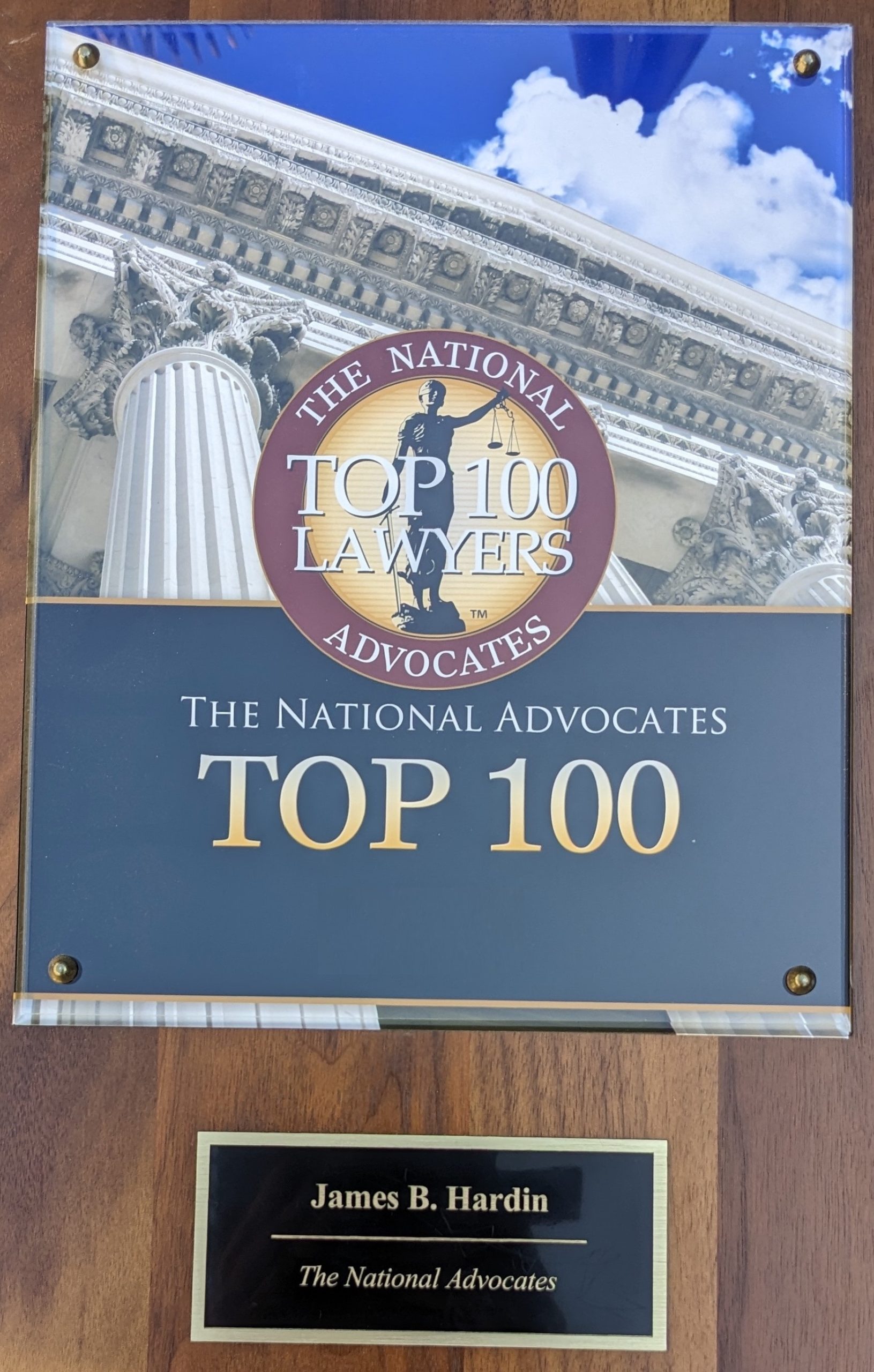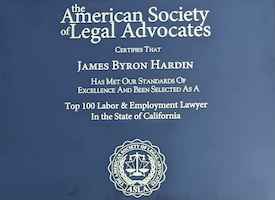Religious Discrimination During the Holidays
With the holidays around the corner, many California employees will be asking for time off to celebrate with loved ones, dressing in the holiday spirit, and generally just enjoying the holiday season. What happens if your employer discriminates against you because you are celebrating a holiday he or she doesn’t believe in? You may have a potential workplace discrimination claim.
What’s more, California employees are protected if their employer discriminates against them because they think that employee is a certain religion, when you are not. For example, it’s against the law for your employers to discriminate against you for wearing a headscarf because they think you are a Muslim, even if you are not actually Muslim.
Religious discrimination in the workplace
Religious discrimination involves treating employees differently because of their religion, their religious beliefs and practices, and/or their request for accommodation (a change in a workplace rule or policy) of their religious beliefs and practices. However, it can also include treating individuals differently in their employment because of their lack of religious belief or practice. The law protects all individuals who have sincerely held religious, ethical, or moral beliefs.
Common examples of religious discrimination during the holiday season includes:
- an employer refusing to accommodate a religious leave request;
- an employer who only allows members of certain religious to display religious and/or holiday materials;
- an employer forcing an employee to attend a religious activity.
This list is not exhaustive. To discuss your situation, contact an experienced employment attorney.
Asking for time off
If you ask your employer for time off to celebrate a holiday practiced by your religion and he refuses, you may feel like he is discriminating against you and depending on the circumstances, you may be right. Typically, employers should grant religious leave requests unless doing so would prove an “undue hardship.” Undue hardship means the employer would incur significant costs or it would create a disruption for other employees by granting the request. In other words, he can’t deny your request just because he doesn’t agree with or believe in your religious practices.
Over the last several years, religion-based EEOC discrimination cases have increased significantly. Indeed, between 1997 and 2015, religion-based claims rose by 41%. If you believe that you were discriminated against at work because of your religious beliefs, contact the successful Orange County employment attorneys at Hardin & Associates today.





















